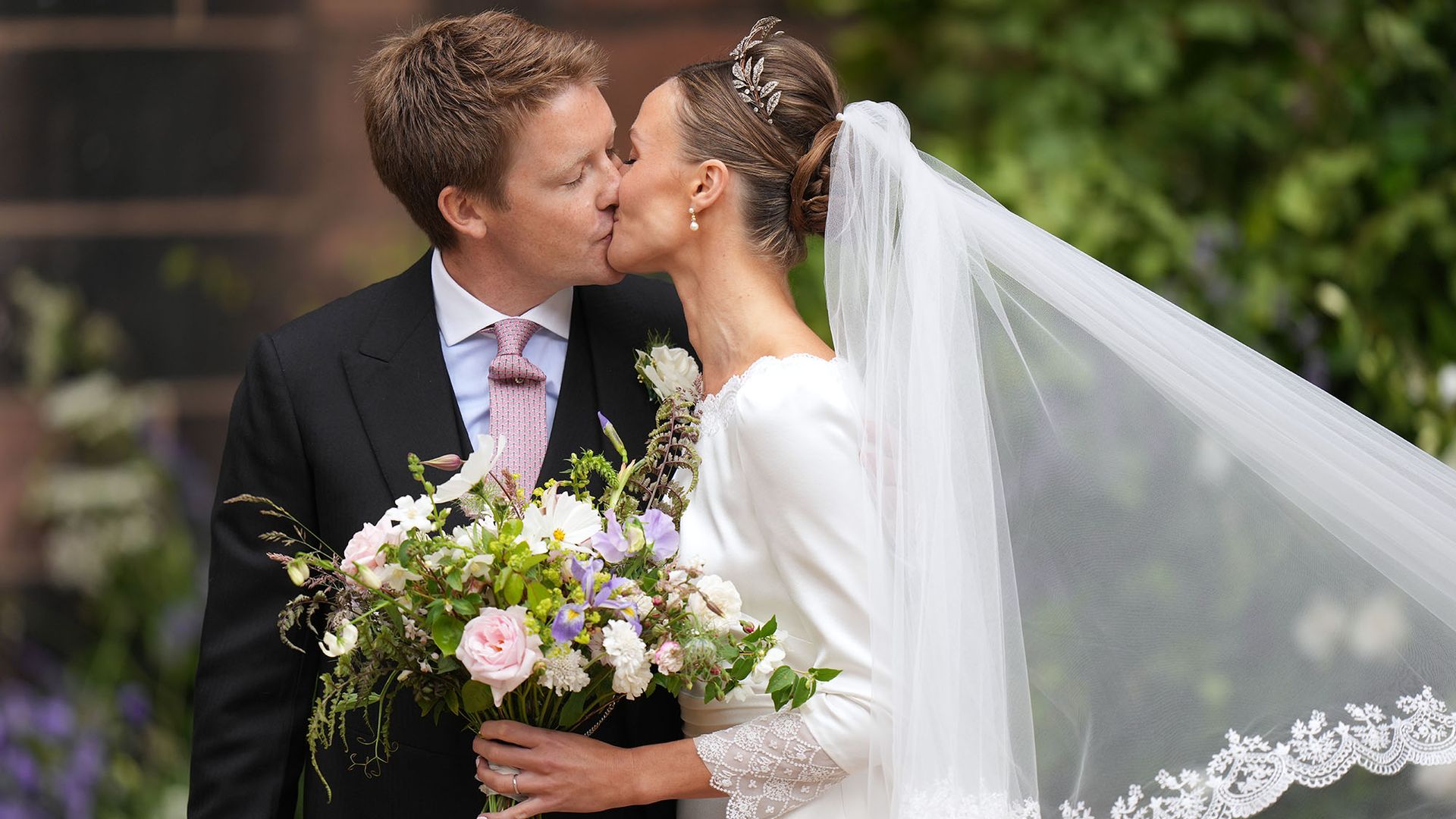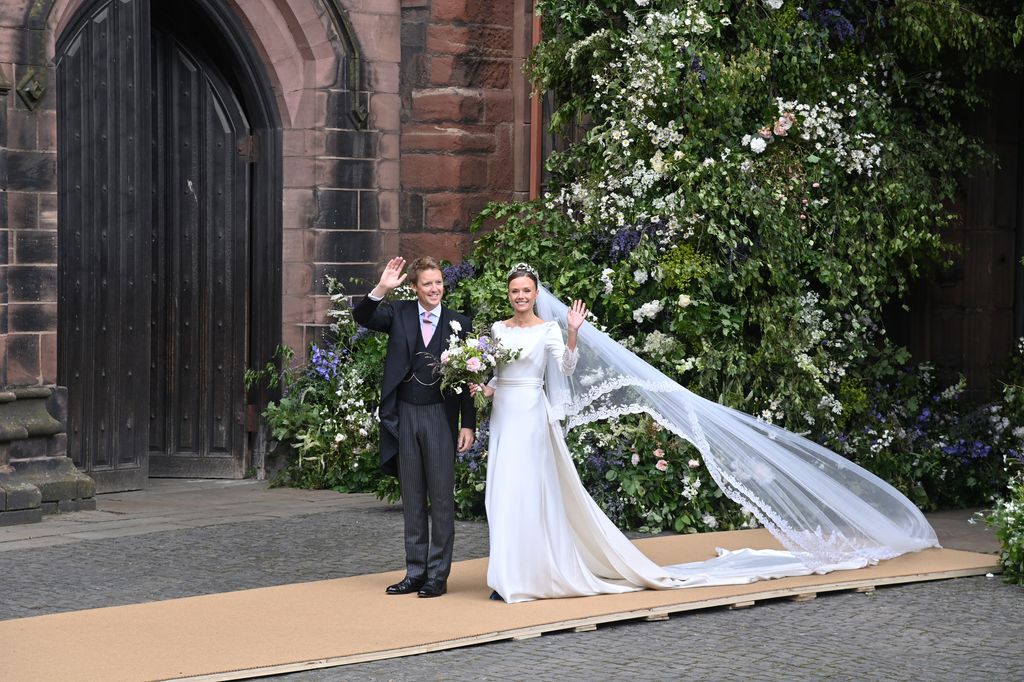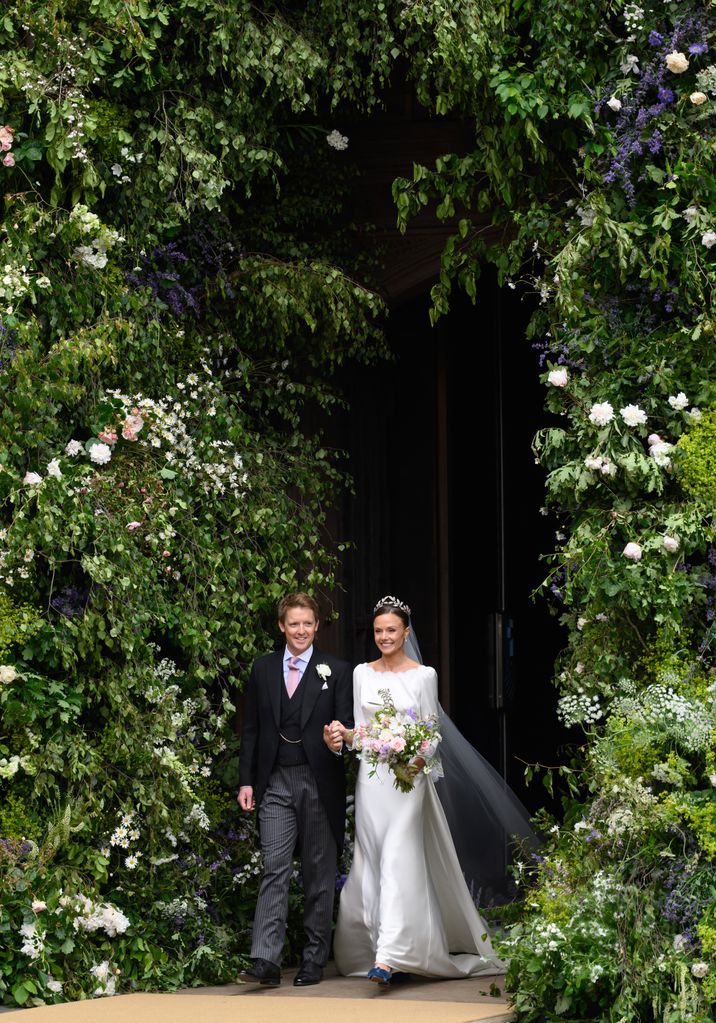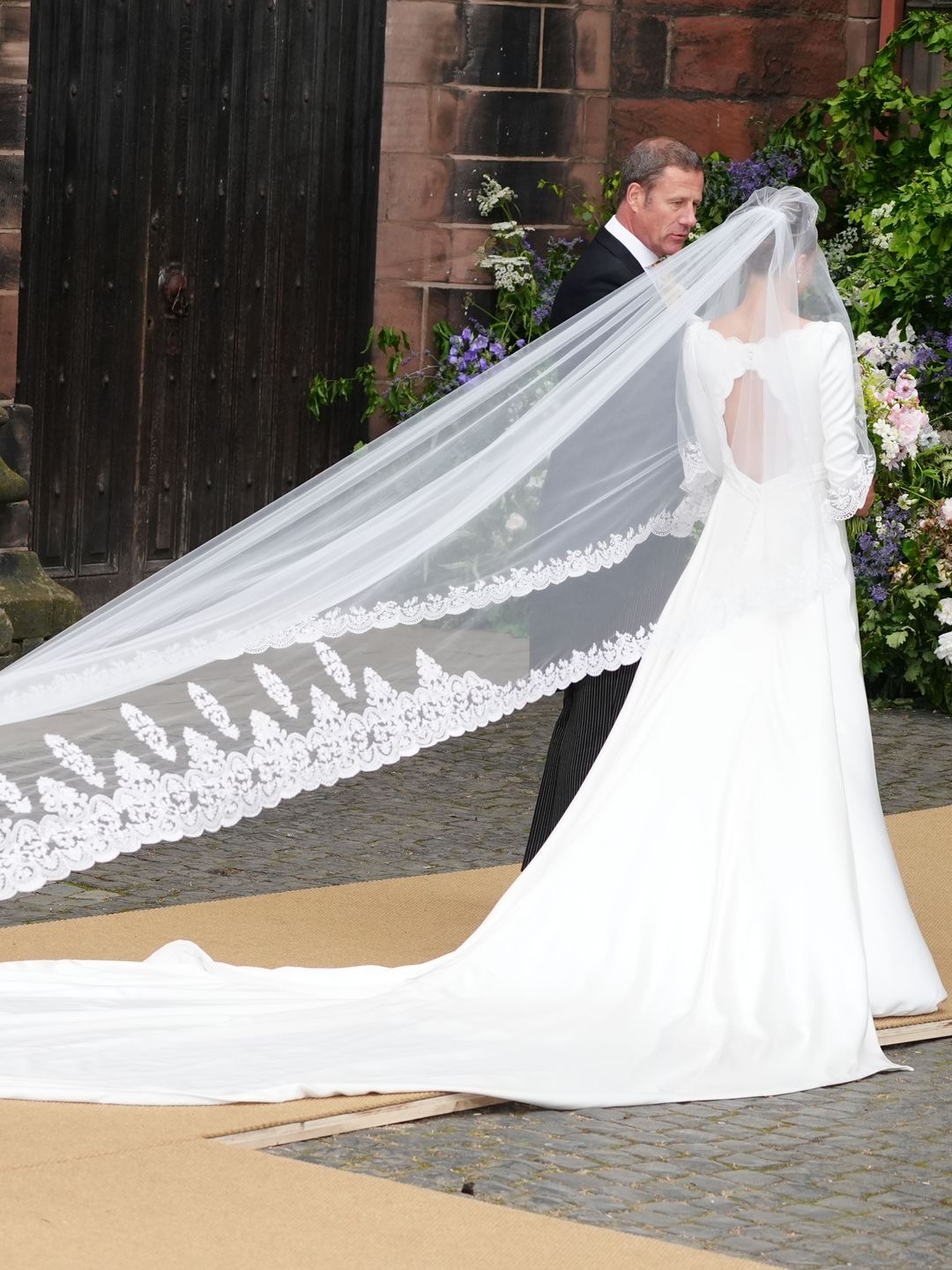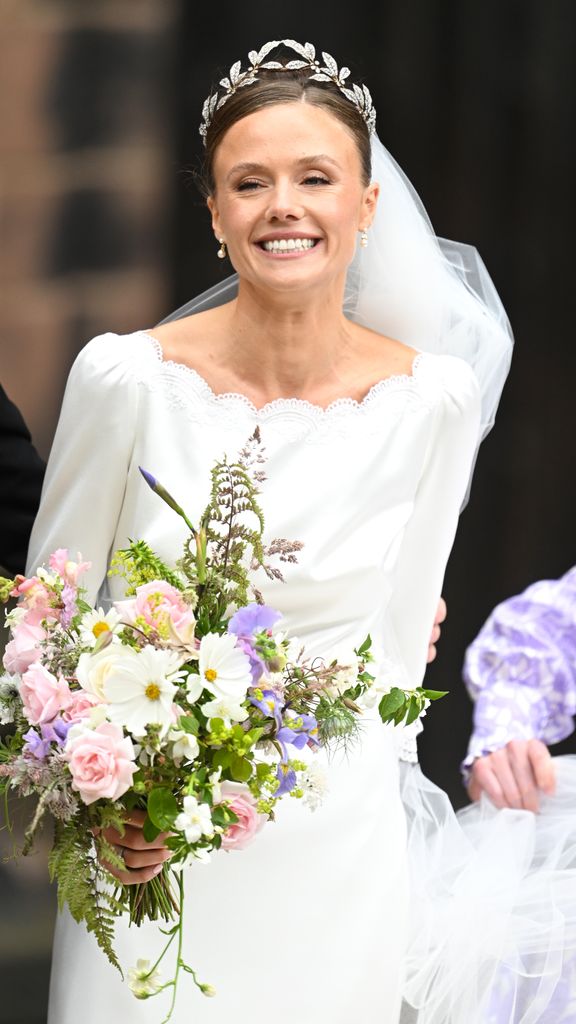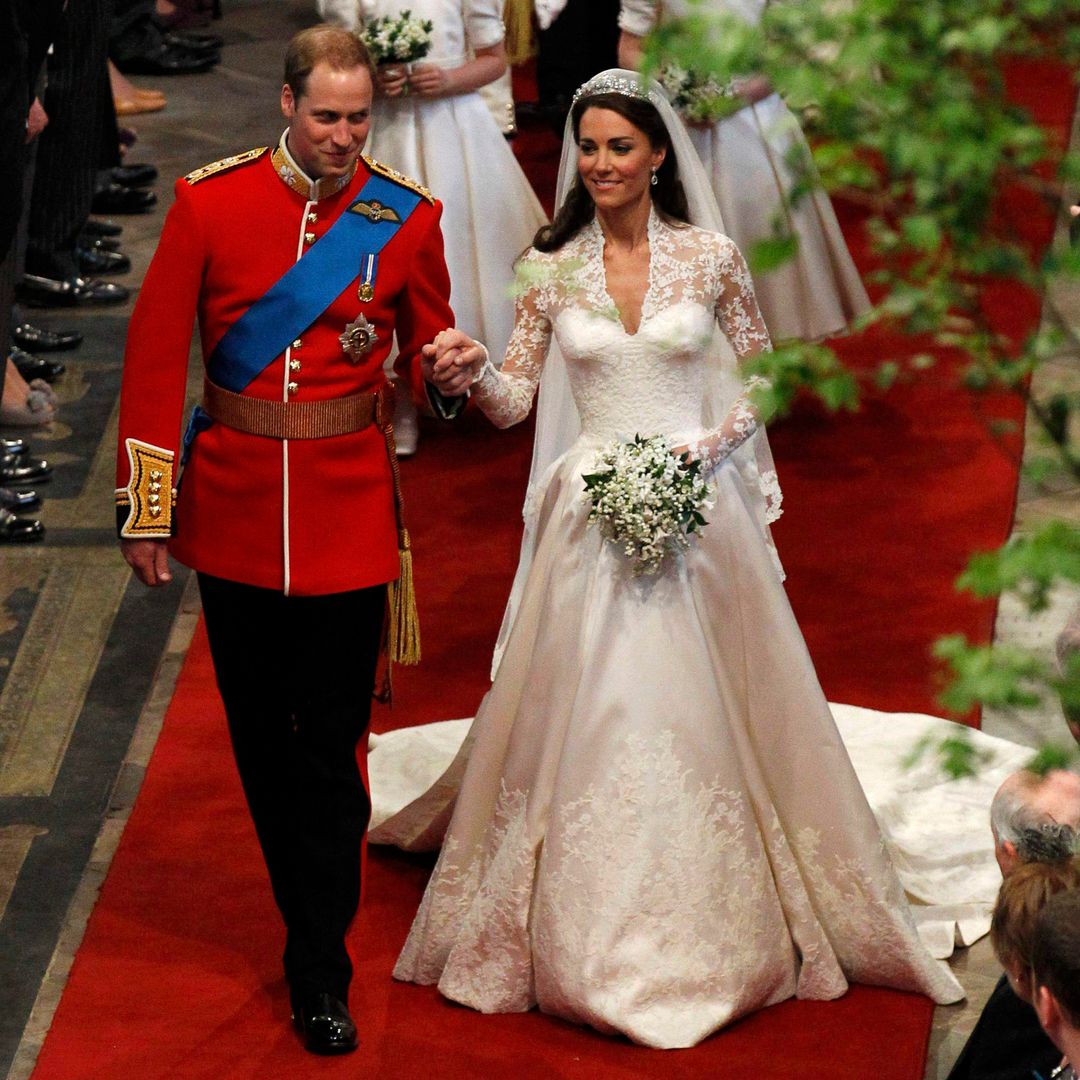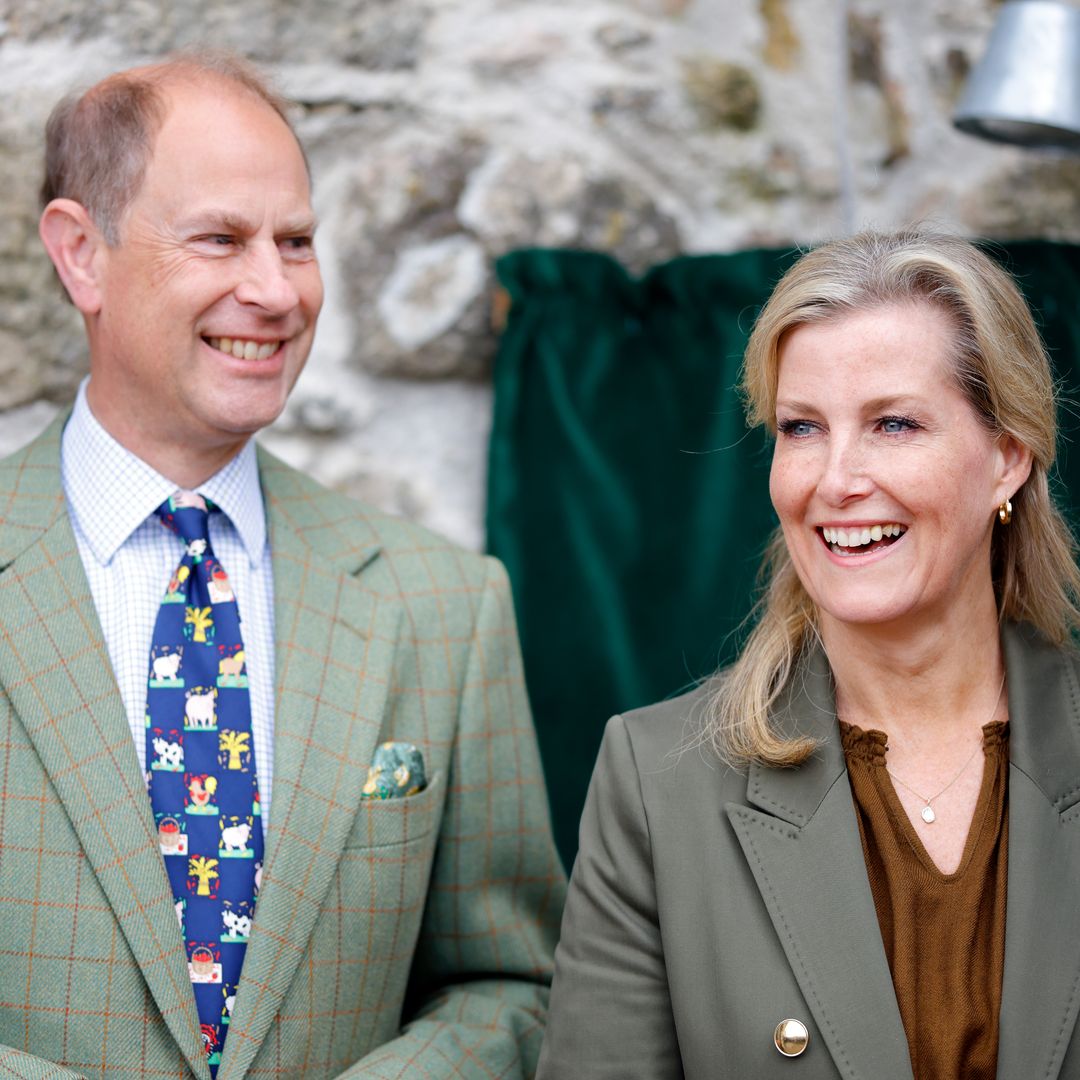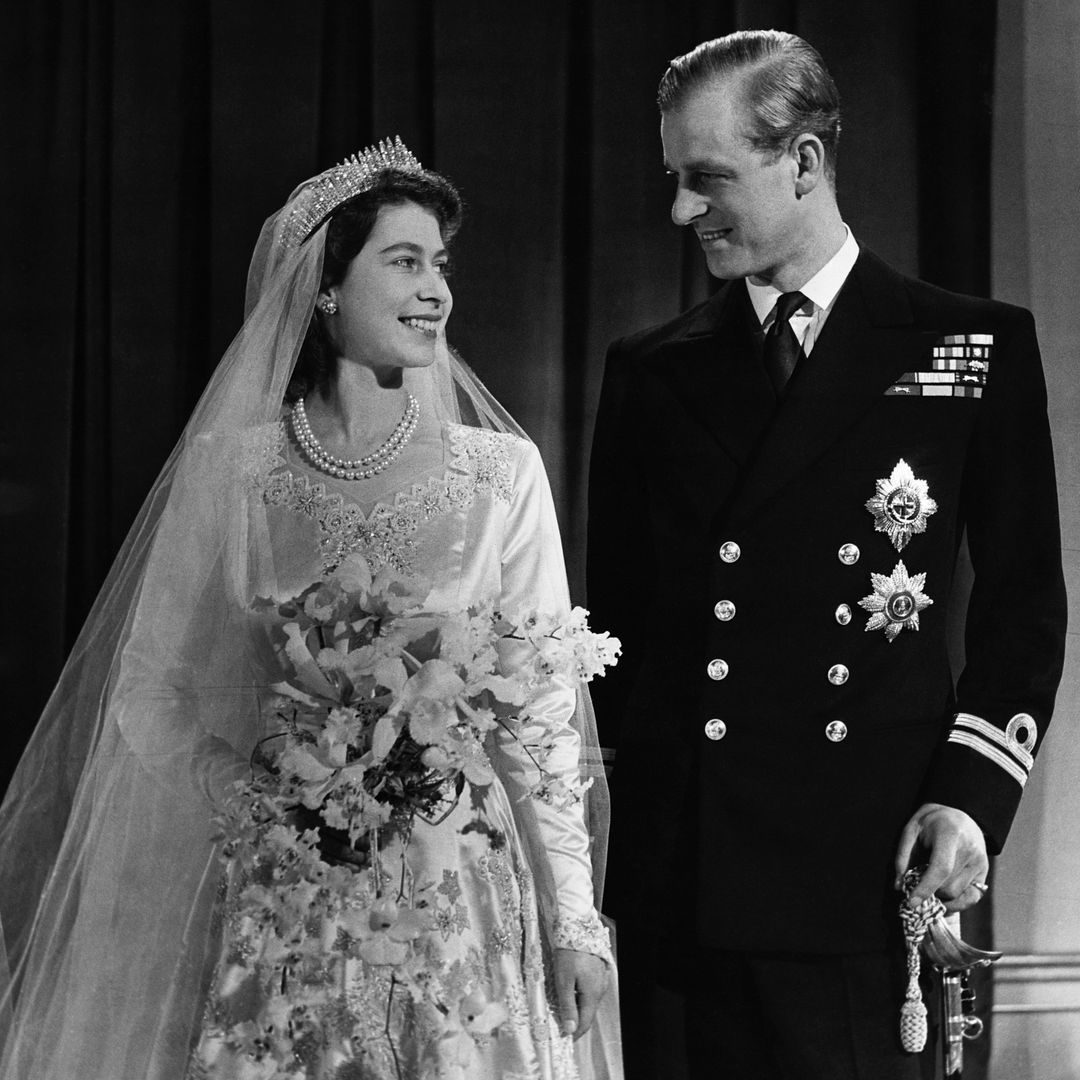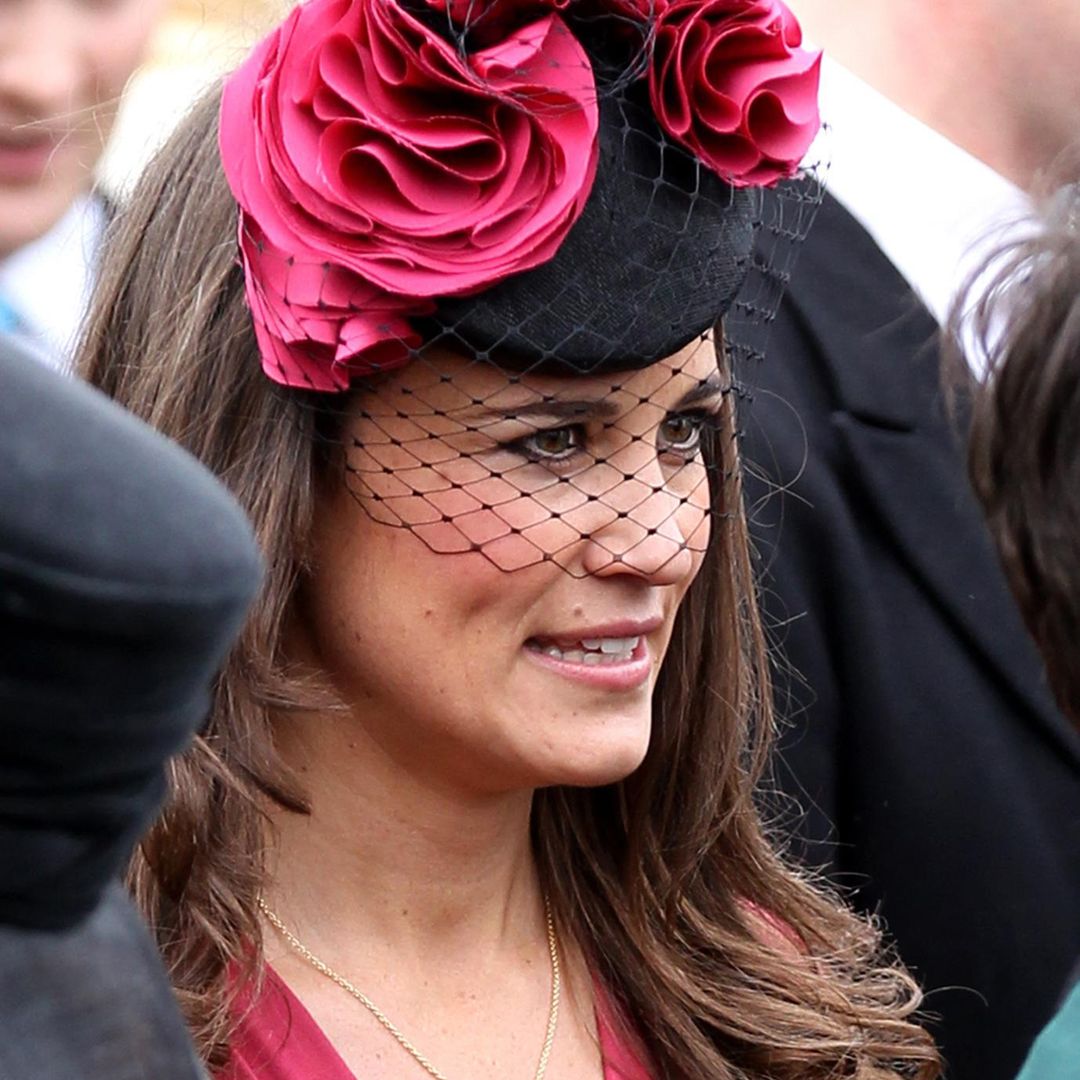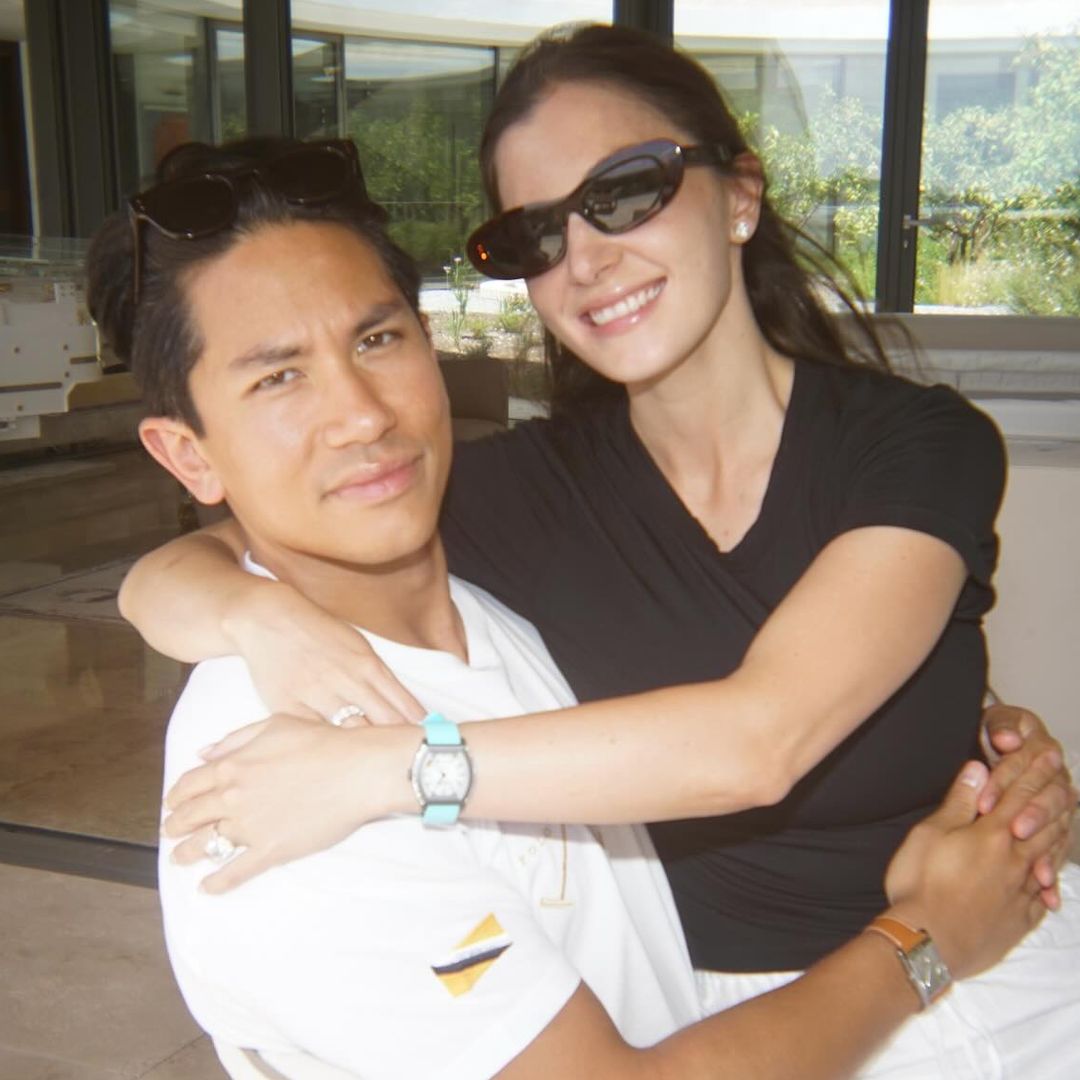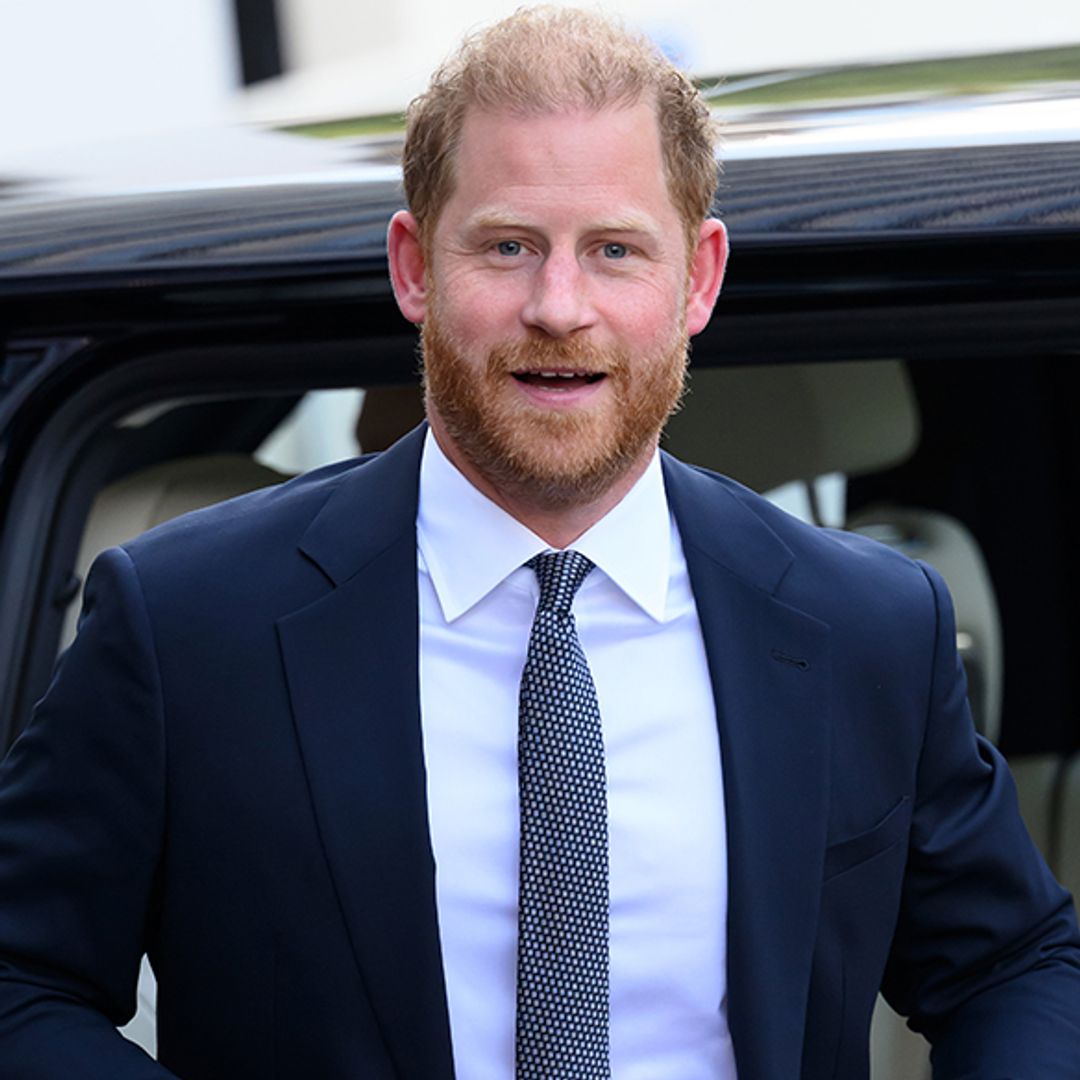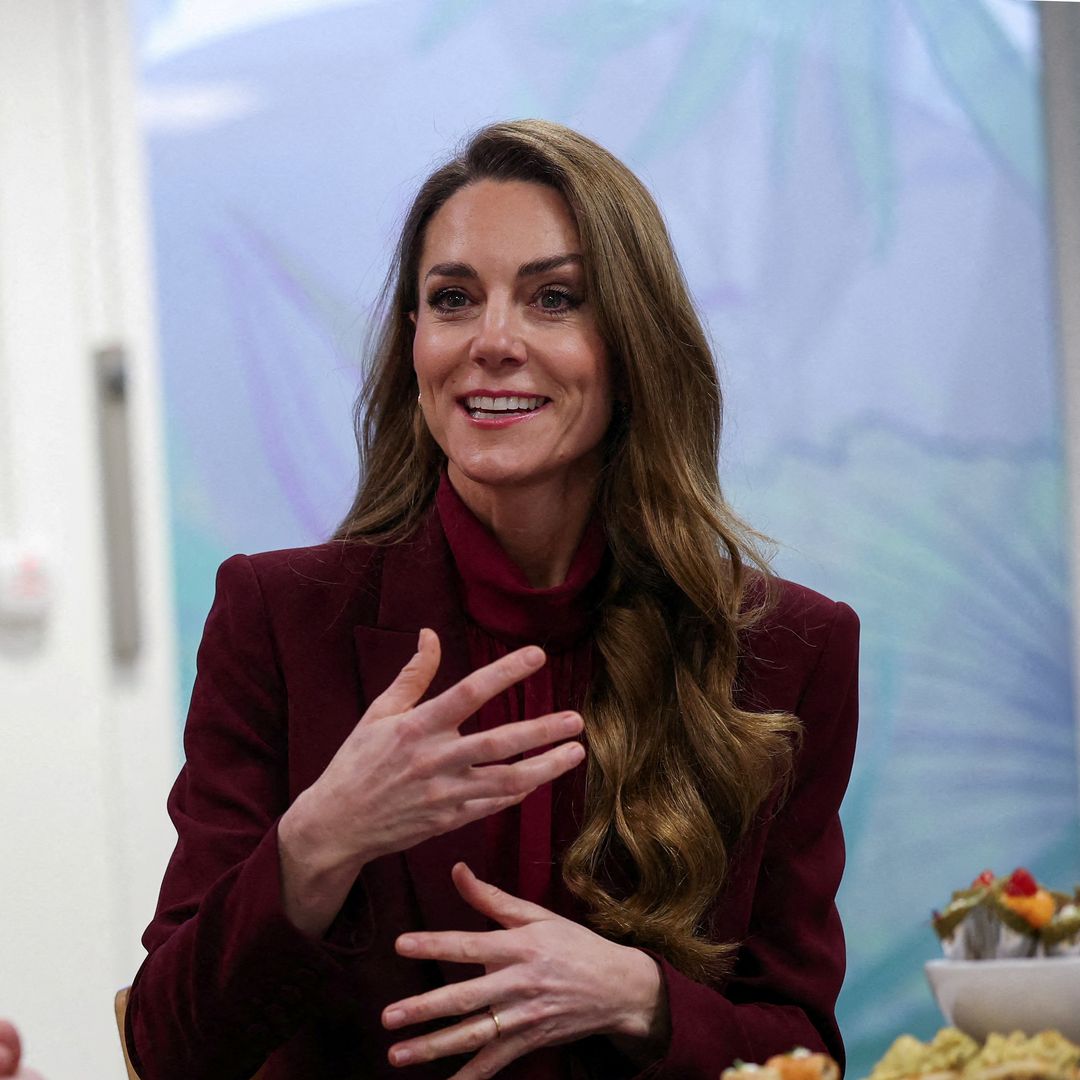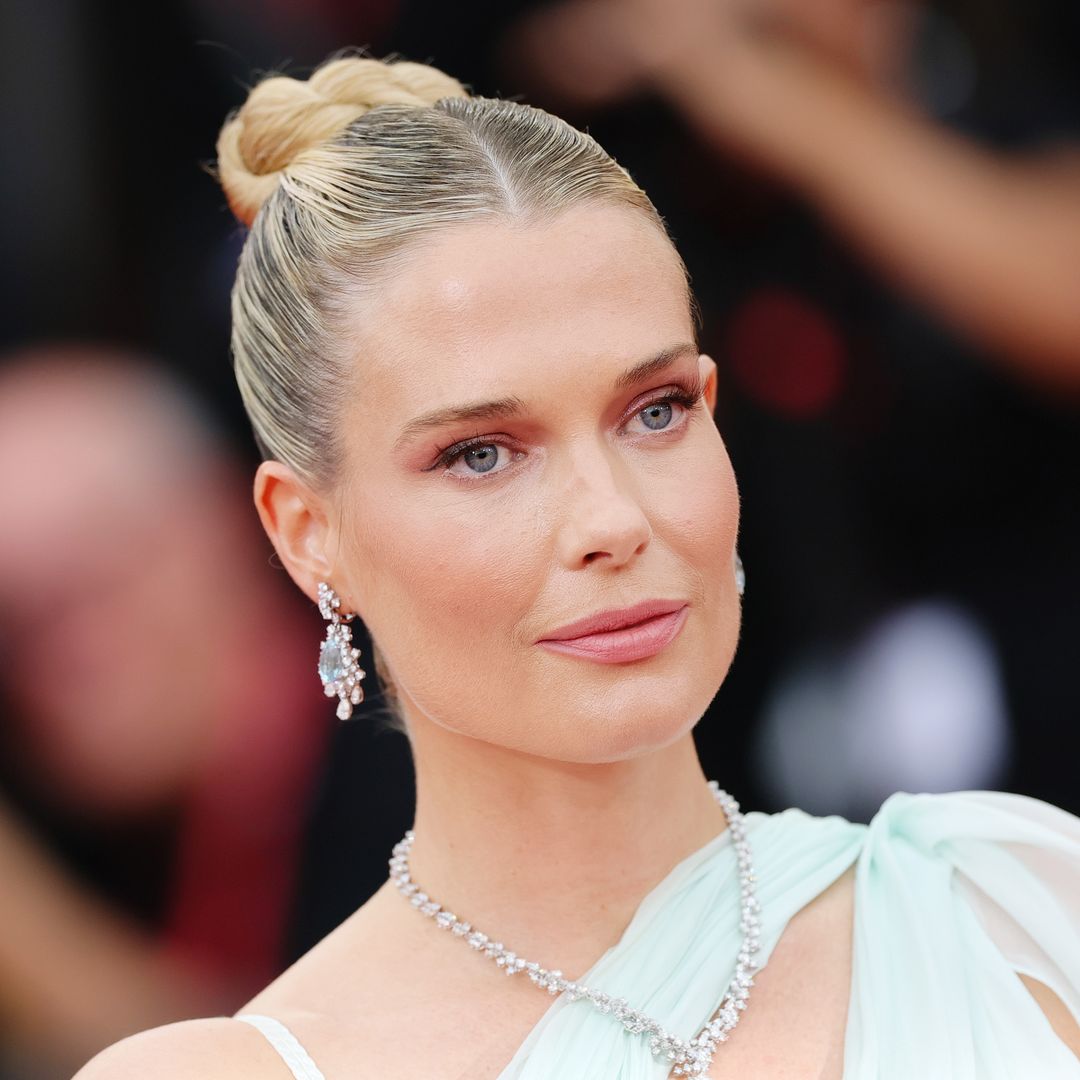It's the question nobody likes to ask but everyone wants to know the answer to. Do Hugh Grosvenor, the seventh Duke of Westminster and his newlywed Duchess, Olivia Henson, have a prenup?
In what has been dubbed the most anticipated socialite nuptials of the year, the Westminster wedding attracted royal-worthy crowds to Cheshire as hundreds of well-wishers lined the streets to catch a glimpse of the bride and groom outside Chester Cathedral on Friday.
The presence of the Prince of Wales, who acted as his close friend 'Hughie' and Olivia's usher no doubt added to the excited chatter ahead of the big day.
Does the Duke of Westminster have a prenup?
"A prenup is a safety net for your finances," explains Theresa Wright, solicitor at Britton & Time law firm. "The purpose of a prenup is to ring-fence wealth such as inheritance, businesses and family wealth, and are more common when one party is significantly wealthier than the other."
According to Theresa, it is likely that the Duke of Westminster executed a prenup in advance of his wedding on Friday. "If he hasn’t, he can still execute a postnup," she adds.
While the Duke's high-profile nuptials attracted royal-wedding-worthy media attention, a high-profile divorce would attract significantly more. "Having a prenup could avoid this acrimony and public attention," says Theresa.
The Duke of Westminster's prenup would likely include all of his finances
Miss Olivia Henson may have snapped up Britain's most eligible bachelor, but a prenup would ensure his billionaire wealth would likely remain if they were to separate.
"Prenups cover everything from property, to debts, income, inheritance, family wealth, heirlooms, and more. If the Westminster's have one, it will likely include that Mr Grosvenor will keep all of his wealth should the couple separate."
Theresa explains that in England and Wales, prenups (and postnups) are not legally binding, but they are persuasive. What this means is that provided that the prenup is drafted in a certain way and is fair, the court is likely to follow the agreement, but the court has complete discretion to overrule it.
"Prenups are subject to specific requirements to maximise their persuasiveness, and it's likely that the Duke of Westminster was well-informed of these when his agreement was drafted.
"These requirements ensure that the agreement is fair, voluntarily entered into (i.e. there was no pressure from either party), and fully understood by both parties, contributing to its overall persuasiveness. Importantly, it must also not leave one party in a very bad financial position following separation.
Is a prenup the most romantic gesture?
No newlywed wishes to consider the prospect of separating from their love, but securing a practical and fair future for both parties has been considered to be "one of the most romantic things a couple can do."
"The agreement must be fair," adds Theresa.
"Prenups must be entered into voluntarily, with both the Duke and his wife fully understanding the agreement. A prenup cannot leave one person in a very bad financial position."
If the Westminsters did arrange a prenup it is most likely it was finalised at least 28 days before their wedding. "This time frame is essential to avoid any last-minute stress," says Theresa.
RELATED: Princess Eugenie leads best dressed guests at Duke of Westminster's wedding
"It also ensures that the court would not infer any pressure, such as that the wedding would not have gone ahead if the prenup was not signed. It would be the hope that the Duke of Westminster made sure any prenup he had was signed well before this to prevent this assumption."
